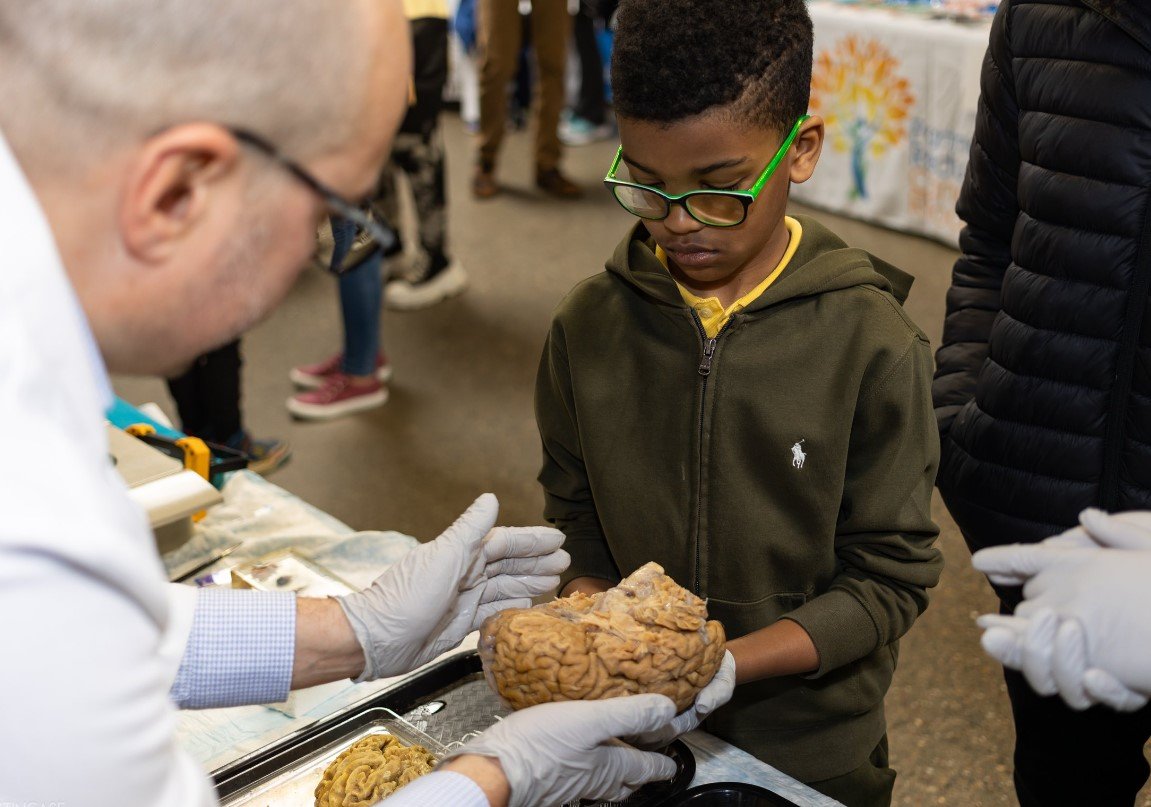An unprecedented collection of ancient brains has been uncovered, providing a unique opportunity to understand the history of mental health. This ‘extraordinary’ archive could be the key to unlocking the mysteries of mental illnesses that afflict millions today.
The Discovery of Ancient Minds
The discovery of over 4,000 ancient brains has sparked a revolution in the study of mental health. These brains, some dating back 12,000 years, have been remarkably preserved across various global sites, from peat bogs in Europe to Andean mountaintops. This archive offers an unparalleled glimpse into the neurological conditions of our ancestors.
The preservation of these brains challenges previous assumptions about postmortem decomposition. It opens up new avenues for research into the evolution of brain diseases and the impact of historical lifestyles on mental health.

Decoding the Secrets of Preservation
The question of how these brains have withstood the test of time is as fascinating as the brains themselves. Multiple factors contribute to their preservation, including environmental conditions and burial practices. Understanding these factors not only aids archaeological methods but also enriches our knowledge of ancient cultures and their approaches to death and the afterlife.
This research is not just about preservation; it’s about piecing together the puzzle of human history. Each brain holds stories of past lives, societies, and potentially, the origins of mental disorders as we know them.
Bridging Ancient History and Modern Health
The implications of this archive for modern science are profound. By examining these ancient specimens, researchers hope to trace the historical prevalence of mental illnesses and gain insights into their development. This could lead to breakthroughs in how we understand, treat, and prevent mental health conditions today.
The archive stands as a testament to the complexity of the human brain and the enduring quest to comprehend its mysteries. It’s a journey that connects us to our past and informs our future, reminding us that the roots of our current challenges may lie deep in history.








